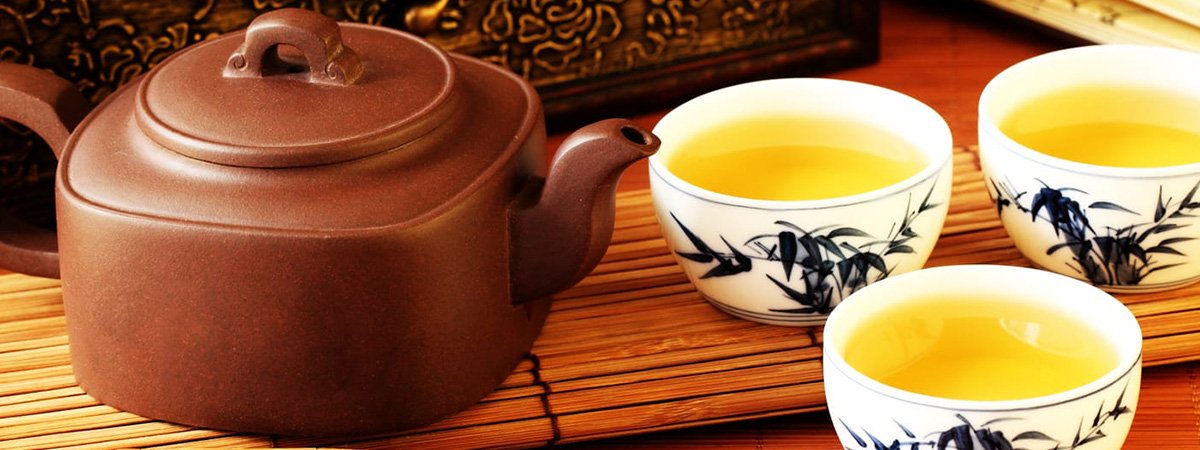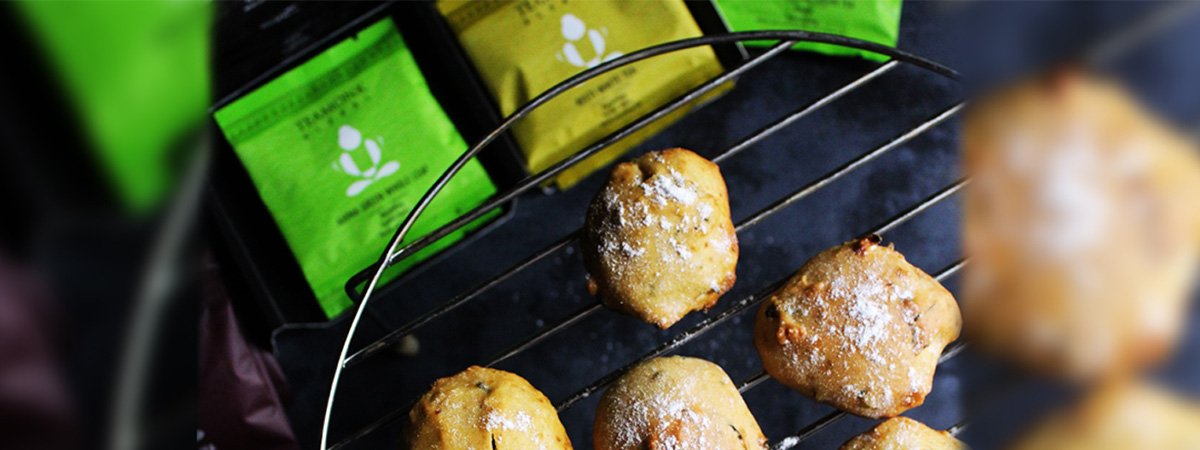
Over the years, we have noticed well to do, aware and young consumers spend more time in the retail aisle deciphering the product ingredients and nutritional information or browsing the products listings on a website more in detail to understand what’s gone into making them. Scouting for natural, healthier alternatives with no chemicals or additive laden food has become the norm. Since we are all conformists in some sense and when ‘the norm’ is trending and makes you look & feel good, then we comply more than just conform. Which brings us to the basic question - Is this all a fad or is it actually driven by a genuine intent of the product manufacturers to help enhance the consumers well being? I have personally been biased towards anything “not natural” because of my assumption that what’s not natural is not good. But apparently, that’s not the truth.
Lets try and understand - Natural Vs Synthetic or Artificial or Man-made!
A synthetic or artificial substance is made in the laboratory by synthesis, rather than being produced by nature through a natural process. To make it simple, incase human intervention is required to create a substance, it is called synthetic. However, if it is found in nature, its natural.

Image source: blog.scientificamerican.com
So, if it is not made by Nature, isn’t it toxic or harmful for health?
A lot of natural products have toxins: Potatoes, Apples, Pears and Courgettes which are a part of our daily food chart all contain toxins. However, in small amounts, much much lesser than harmful dose. So what matters is what doses of the food that are consumed by us.
On the contrary a few man-made or synthetic products are better than the natural counterparts. Melonanin - a sleep inducing supplement is in a natural form available in animals. However when extracted to create a supplement carry a few viral trails. Whereas, the man made version is risk free, superior and does the job.
In a few cases, the man-made substance is just less effective. Vitamin E made naturally is more potent than the one made artificially in the labs. However, by no means it is harmful.
Natural needs to be selected, naturally! In some cases, Natural is a strict NO!
Not all that nature made can be consumed in its natural format. Imagine consuming not verified wild mushrooms or a water hemlock, a deadly poisonous plant which can be confused with edible parsnips. A good amount of discretion needs to go into understanding the right source of the right product and the right use of it in the right quantity for human consumption.
We have all heard enough and more about Arsenic, a metalloid and the contamination of water, soil and air caused by its presence. While we would like to completely avoid any contamination of our food with these deadly and poisonous elements, it is hard to ascertain the level arsenic in the water of food processing set ups of our food sources and the related impact on the food that we consume.
On the other hand, natural food products from a GMO crop might still not be so healthy.
Effects aside, Natural flavors last longer than the Man-made ones
Artificial flavors added to the food are created to be short and intense that increase your food craving and make you come back for more. Natural flavors are more genuine on your palate and keep the taste lingering and help satiate your cravings.
Natural Vs Man-made or Synthetic - The Outcome and Way forward
- Choose from a simpler ingredient panel: Less ingredients and preferably no added jargons. Words like “enriched” can be misleading too. Simple, clean and straightforward is better.
- With the deeper penetration of synthetic food ingredients in our food chain, it might be extremely difficult to avoid it completely and while a few of them might still be harmless or as I mentioned less potent. It might still be a good idea to continue to seek alternatives without the artificial or synthetic tag.
- Beware of “less synthetic” names and misleading abbreviations ( Few examples- BHT: Butylated Hydroxytoluene Or MSG: Monosodium Glutamate or HFCS: High Fructose Corn Syrup)
While a lot of Natural Vs man-made is still in the grey area, it is still advisable to look for a ‘nature oriented' ingredients panel. More importantly, you should be able to trust the source from where you have procured the food and the genuine intent of the manufacturer. Brining in the right expertise and a deeper understanding of curating the right combination with a soulful consumer interest at the heart is imperative to healthy food alternatives.





